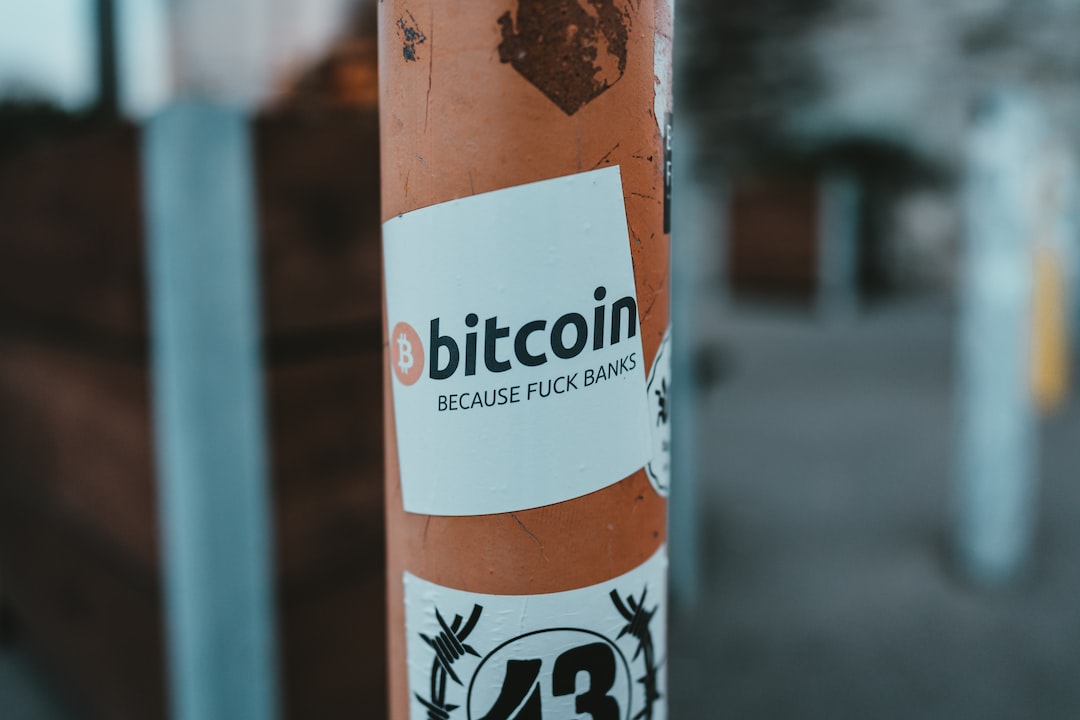The SEC Approves First Spot Bitcoin ETFs After a Decade of Rejections
The United States Securities and Exchange Commission (SEC) has finally approved the first spot bitcoin exchange-traded funds (ETFs), marking a significant milestone for the cryptocurrency industry. However, the approval has been met with mixed reactions, with Commissioner Hester Peirce criticizing the agency for wasting a decade in the process.
Criticism from Commissioner Hester Peirce
Commissioner Hester Peirce expressed her disappointment in the SEC’s handling of bitcoin ETFs, stating that they squandered opportunities to approve these products years ago. She believes that the SEC’s actions have damaged public trust, wasted resources, and hindered innovation in the crypto asset space.
A Long Road to Approval
The journey to approving spot bitcoin ETFs has been a lengthy one. The first application was submitted over 10 years ago, but it faced repeated rejections from the SEC. The agency cited concerns about market volatility and manipulation as reasons for denial. However, Peirce argues that the SEC failed to provide satisfactory reasoning for blocking their approval for so long.
Impact on Future Regulatory Decisions
Peirce’s dissent highlights deep distrust in the SEC’s approach, which could have implications for future crypto regulatory decisions. Despite this, many investors are celebrating the opportunity to access bitcoin exposure through public markets after a decade of waiting.
Hot Take: A Bittersweet Victory
The approval of spot bitcoin ETFs is undoubtedly a significant achievement for the cryptocurrency industry. However, it is overshadowed by Commissioner Hester Peirce’s scathing criticism of the SEC’s handling of these products. While investors rejoice at the newfound accessibility to bitcoin through public markets, the SEC’s long history of rejections and lack of transparency has left a sour taste in the mouth of many. This victory may be bittersweet, as it raises questions about the SEC’s role in fostering innovation and maintaining public trust in the future.





 By
By

 By
By
 By
By
 By
By
 By
By